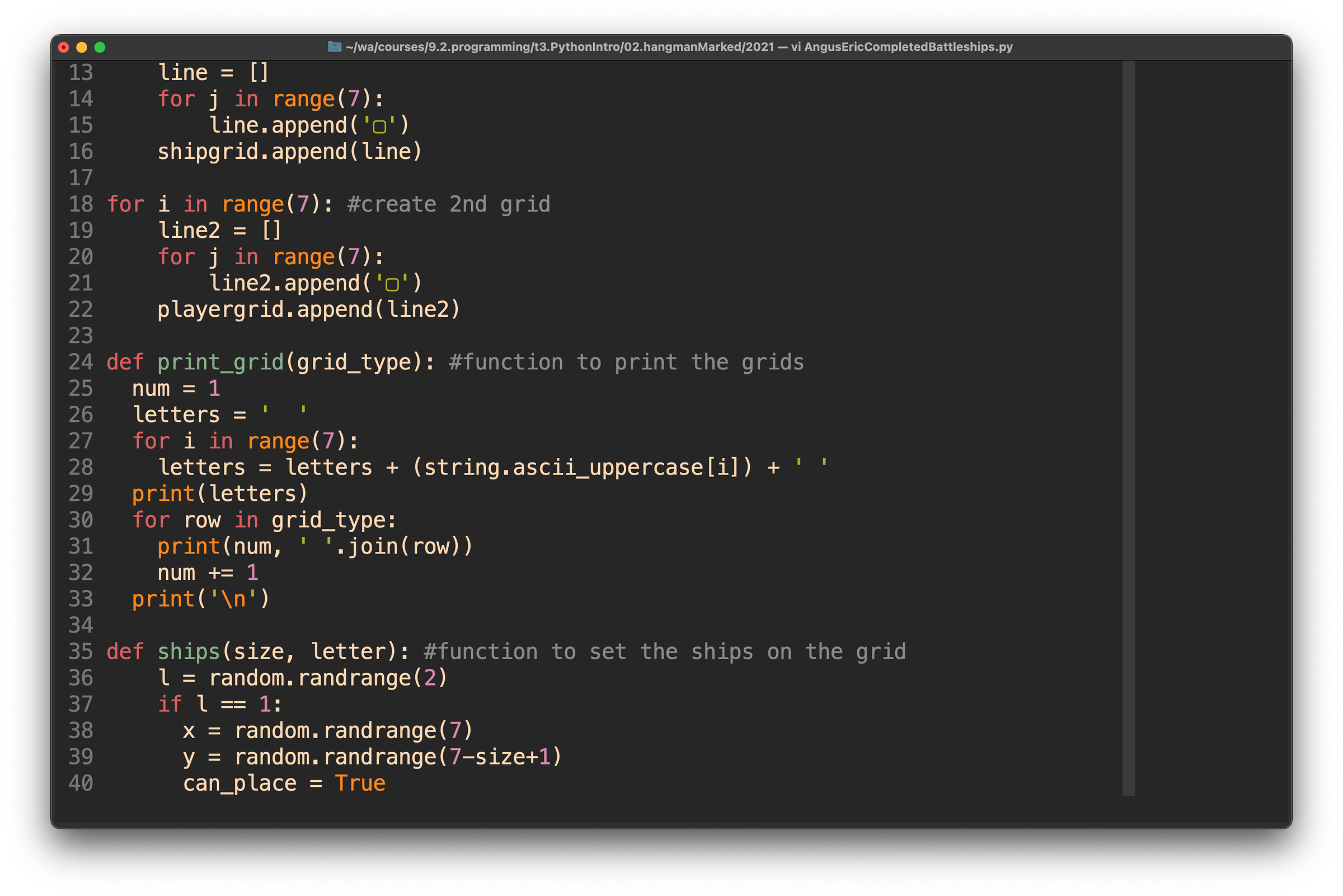Programming
TECHNOLOGY FACULTY

Programming
TECHNOLOGY FACULTY
| 🎓 Course Type | Elective |
|---|---|
| 🧩 Units | 1 - 2 |
| 🗓 Timing | Unit 1 in Year 9 or 10, Unit 2 in Year 9 or 10 |
| ⏱ Hours per week | 3 |
| 📚 Prior Experience | Appreciated but not required |
| ✏️ Selection | Possible to commence study with any of the above units |
| 🧭 Future Pathways | Computer Science TCE or IB and any future digital career |
This two-semester course caters to Year 9 and Year 10 students who seek programming experience and a foundational understanding of digital technology. It particularly targets students interested in comprehending digital systems and computer science. Following a design-make-appraise process, students will learn to design and create digital solutions using HTML, PHP, and Python. The course aims to cultivate a range of relevant skills through practical applications, preparing students for the field of technology.
Unit 1 serves as an introduction to computer programming concepts, focusing on the development of dynamic digital solutions using a variety of applications.
Students will delve into the history of the internet and the fundamental systems that underpin this ubiquitous technology. They will gain hands-on experience with programming concepts by producing various digital solutions. Additionally, students will explore the basic principles of computing and networking systems. Through a combination of smaller programming tasks and larger-scale projects, students will refine their skills, designing and constructing dynamic
online resources to effectively communicate their knowledge and ideas.
In Programming Unit 2 students tackle challenging problems, building a practical understanding of core concepts such as variables, conditionals, loops, functions, and parameters. They'll learn to implement complex input/output patterns, culminating in a standalone programming project where they’ll apply their programming knowledge to real-world applications such as:
•App Design: Creating interactive applications with user-friendly interfaces.
•Game Design: Developing engaging and playable games.
•Robotics: Programming robotic behaviours and interactions.
•Chatbot Design: Building intelligent conversational agents.
For extension in this subject area, see also: